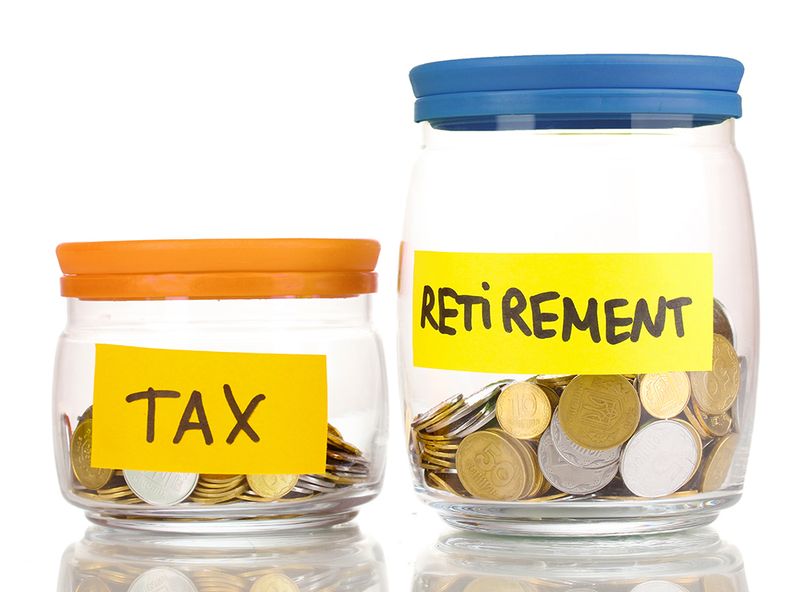Introduction

Retirement might feel like the finish line—but hidden expenses can turn your dream years into a financial nightmare. Even with the best planning, many retirees find their savings draining faster than expected. Why? It’s often not the big-ticket items, but the sneaky, overlooked costs that slowly chip away at your nest egg. From rising healthcare bills to underestimated lifestyle choices, these hidden expenses can quietly sabotage decades of hard work and saving. In this post, we’ll uncover the 10 most overlooked expenses that could destroy your retirement savings—so you can prepare, protect, and truly enjoy the freedom you’ve earned.
1. Pet Care Costs

You’ve spent decades working hard, saving diligently, and dreaming of a comfortable retirement. But even the most careful planners can get blindsided by costs that sneak in under the radar. These overlooked expenses don’t just chip away at your savings—they can completely derail your golden years if you’re not prepared.
2. Healthcare and Long-Term Care Costs

No one plans on getting sick, but nearly everyone eventually will. While Medicare does offer a safety net, it doesn’t cover everything. Out-of-pocket expenses like deductibles, prescription drugs, dental, hearing aids, and vision care can take a huge bite out of your retirement income.
Long-term care is another major blind spot. Nursing home stays or in-home assistance can cost thousands per month, and most of it isn’t covered by traditional insurance. Without a long-term care plan or supplemental insurance, retirees can quickly burn through their savings just trying to maintain basic quality of life.
3. Home Maintenance and Repairs

Owning your home outright doesn’t mean it won’t cost you anymore. The older your home gets, the more likely it is to need repairs. Whether it’s a leaky roof, broken appliances, or outdated plumbing, these costs can come suddenly and add up quickly.
Annual maintenance, like lawn care or HVAC servicing, also contributes to the expense. Many retirees overlook these predictable yet irregular costs in their budgets. If you’re not setting aside money each year for these kinds of repairs, you might find yourself dipping into savings you thought would last much longer.
4. Helping Adult Children or Grandchildren

It’s natural to want to help your family, especially when they’re struggling. But offering financial assistance to adult children or grandchildren can put a serious strain on your retirement funds. A few thousand dollars here and there can easily balloon into tens of thousands over time.
The emotional pull to help is strong, but it’s important to set boundaries. Supporting your loved ones is noble, but not at the expense of your own financial well-being. If you drain your retirement to help others, you may end up needing help yourself later on.
5. Taxes on Retirement Income

Many retirees are shocked to learn that their retirement income isn’t always tax-free. Distributions from traditional IRAs and 401(k)s are taxed as ordinary income, and depending on your total income, even your Social Security benefits can be partially taxed.
What’s more, Required Minimum Distributions (RMDs) can push retirees into a higher tax bracket. Without careful planning, taxes can erode a significant portion of what you thought was “safe” money. It’s essential to work with a tax advisor to structure withdrawals and avoid giving the IRS more than necessary.
6. Inflation

Rising prices don’t stop when you retire. Inflation quietly erodes the purchasing power of your savings over time, making everyday expenses like groceries, gas, and utilities more expensive each year.
Over a 20- or 30-year retirement, even modest inflation can significantly reduce your standard of living. If your retirement plan doesn’t include investments or income sources that keep pace with inflation, you may find that your fixed income no longer covers your needs. Being proactive about inflation-proofing your portfolio is crucial for long-term stability.
7. Travel and Leisure Spending

After years of working, many retirees dream of finally enjoying their freedom. But all those trips, cruises, and leisure activities come at a price. Travel is often much more expensive than anticipated, especially with rising airfare, hotel, and dining costs.
Without a budget, it’s easy to overspend in the early years of retirement, leaving less for later on. While it’s important to enjoy your golden years, it’s equally important to pace your spending so your savings can support your lifestyle for the long haul.
8. Downsizing Costs

Moving into a smaller home is often seen as a smart financial move, but the transition isn’t cheap. Selling a home comes with realtor fees, closing costs, moving expenses, and possible repairs or updates to attract buyers.
On the other side, buying a new place might require renovations or new furniture to make it livable and comfortable. These one-time costs can add up fast and eat into your savings before you even get settled into your “money-saving” new home. Planning for the full financial impact of downsizing is key.
9. Medicare Gaps and Supplemental Insurance

Medicare doesn’t cover everything, and many retirees find themselves paying more than expected for additional insurance. Medigap plans, dental and vision insurance, and Part D prescription drug plans all come with monthly premiums.
These expenses can add up to thousands annually. If you haven’t factored them into your retirement budget, you might end up scrambling to make room for them—or worse, forgoing essential coverage. It’s better to be over-prepared than caught off-guard when it comes to healthcare gaps.
10. Unexpected Family Emergencies

Life happens, and often it’s someone else’s crisis that causes a financial ripple effect. A family member might face a medical emergency, job loss, divorce, or natural disaster—and turn to you for help.
These events are hard to predict, and even harder to say no to. However, repeatedly bailing out family can cause serious strain on your finances. Setting clear expectations and having a small emergency fund for such situations can help you balance compassion with financial security.
11. Lifestyle Creep in Retirement

A more relaxed lifestyle often comes with the temptation to spend a little more—an upgraded car, better wine, or extra nights out. These small upgrades seem harmless, but over time they can lead to lifestyle creep.
When your spending habits expand beyond what your retirement income can sustain, you start dipping into principal instead of living off interest or set withdrawals. This shortens the lifespan of your savings. Being mindful of spending habits and sticking to a realistic budget helps keep your retirement plan on track.

Comments
Loading…